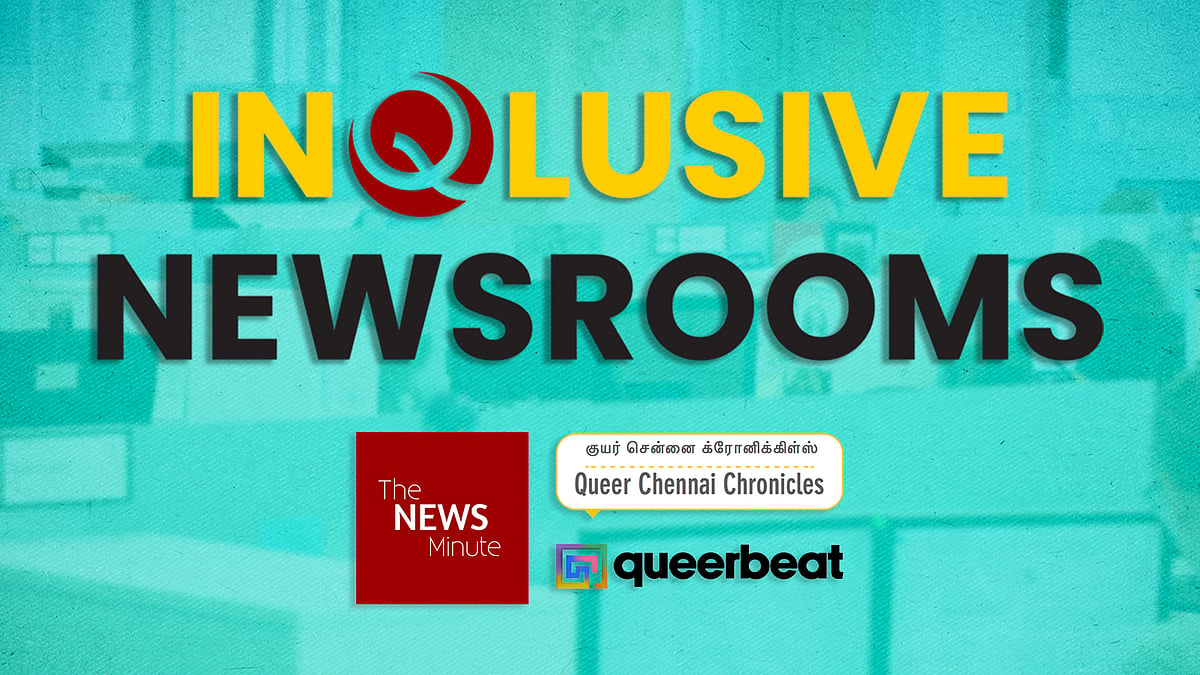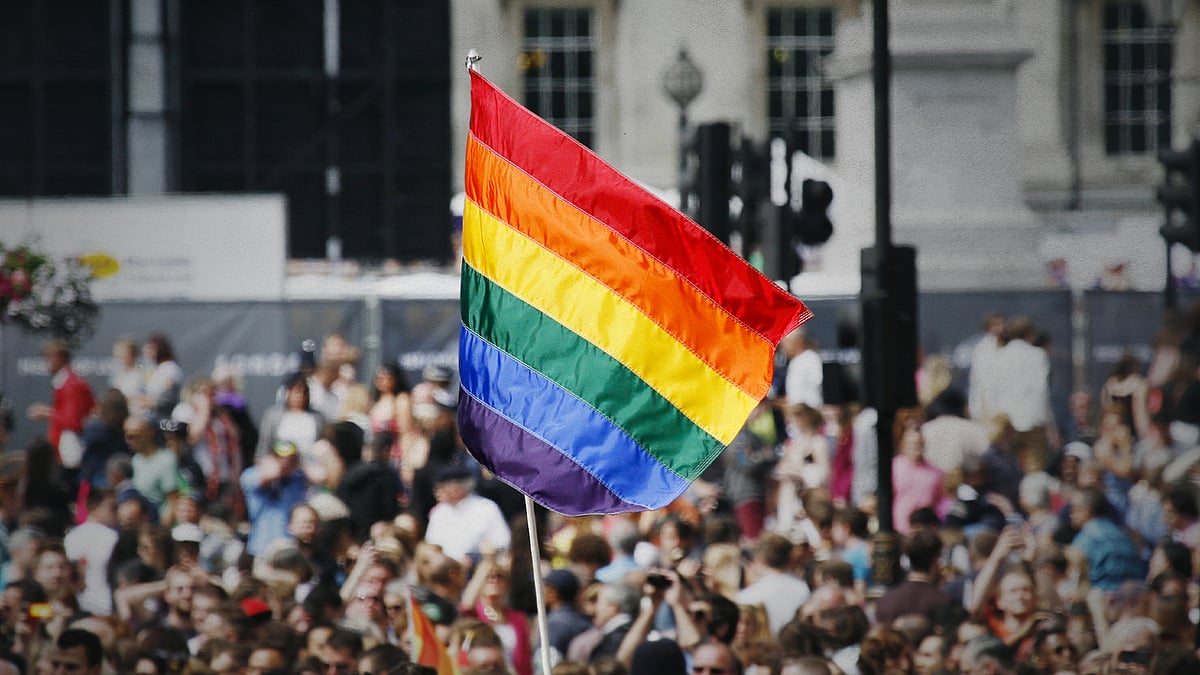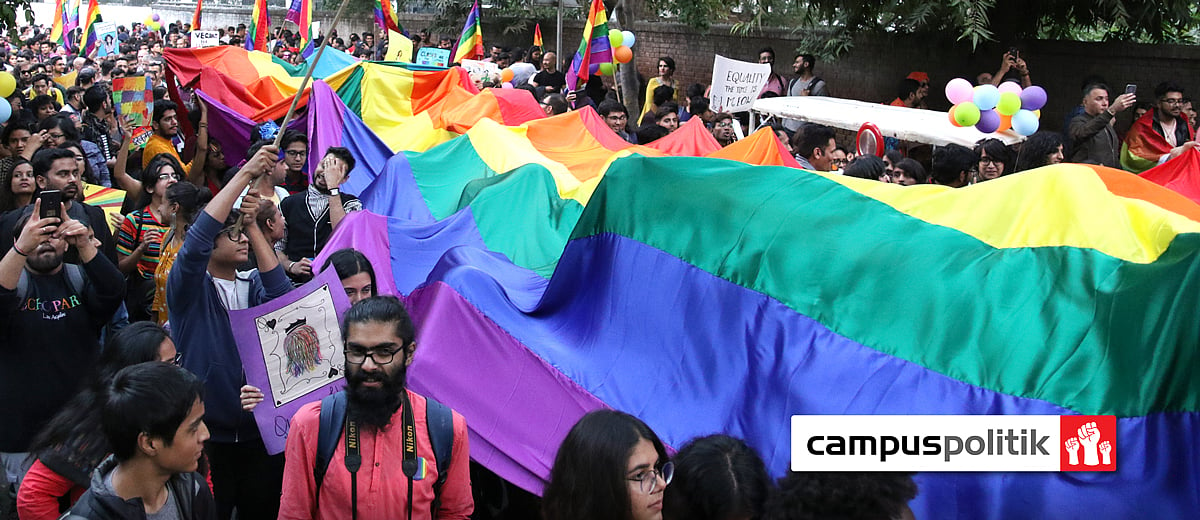‘Don’t promote homophobia’: NBDSA asks India Today to take down video, issues guidelines
The guidelines said broadcasters should strive for diversity.
Directing the media to report on the issues faced by the LGBTQIA community with “accuracy, objectivity, and sensitivity”, the News Broadcasting and Digital Standards Authority issued guidelines for the same on Friday, Livelaw reported.
The guidelines asked broadcasters to refrain from promoting “homophobia and stereotypes or publicising one’s gender identity or sexual orientation without consent”.
This came after the NBDSA asked India Today to expunge objectionable remarks against the LGBTQ community, or completely remove its video report titled that allegedly included factual inaccuracies, spread fear and demonised the queer community.
The video report was headlined “Nudity sparks outrage at USA pride parades: How India’s LGBTQ+ lead responsibly”.
The complaint against India Today, filed by activist Indrajeet Ghorpade, alleged that the news channels’ programme portrayed pride parades in the US in a negative light, and unfavourably compared them with the ones in India.
While delivering its verdict, the NBDSA said it had received several complaints regarding reports on the LGBTQIA+ community.
What do the guidelines say?
The NBDSA’s document, titled Specific Guidelines for Reportage on Issues Concerning the LGBTQIA+ said non-sensitive and inaccurate reporting on LGBTQ community has “serious social repercussions”.
It added that reporting should not “sensationalise or create panic, distress or undue fear among viewers. Broadcasters should avoid using any and all forms of expression which, when judged contextually, targets, vilifies, ridicules, dehumanises, reinforces prejudices or stereotypes, or advocates violence or engenders hatred against any individual or communities.”
The document said broadcasters must refrain from using “any expression or slurs” that may be construed as “hate speech” against the LGBTQ community, and they must also ensure that the reporting does not promote “homophobia or transphobia or negative stereotypes”.
It further said that channels must not intrude in private lives unless in public interest, and must be respectful of the right to privacy and “not disclose" personal information, including gender identity or sexual orientation without consent.
While advising broadcasters to strive for newsroom diversity, the guidelines said, “Since news media has the most potent influence on public opinion, broadcasters while reporting on any member of the LGBTQIA+ community must endeavour to use inclusive and gender-neutral language, respect the individuals' preferred pronouns and names.”
Newslaundry reported that the NBDSA earlier asked Aaj Tak to remove ‘fictional video’ targeting Rahul Gandhi, and it also fined the channel over anchor Sudhir Chaudhary’s ‘tukde tukde’ jibe for Obama. Read here and here.
Complaining about the media is easy. Why not do something to make it better? Support independent media and subscribe to Newslaundry today.
General elections are around the corner, and Newslaundry and The News Minute have ambitious plans. Click here to support us.
 Inqlusive Newsrooms: A project to help Indian media turn more inclusive of LGBTQ+ stories
Inqlusive Newsrooms: A project to help Indian media turn more inclusive of LGBTQ+ stories In search of pride: Why India needs to start talking about LGBTQ+ issues
In search of pride: Why India needs to start talking about LGBTQ+ issues Why it’s tough being an LGBTQ student on an Indian campus
Why it’s tough being an LGBTQ student on an Indian campus